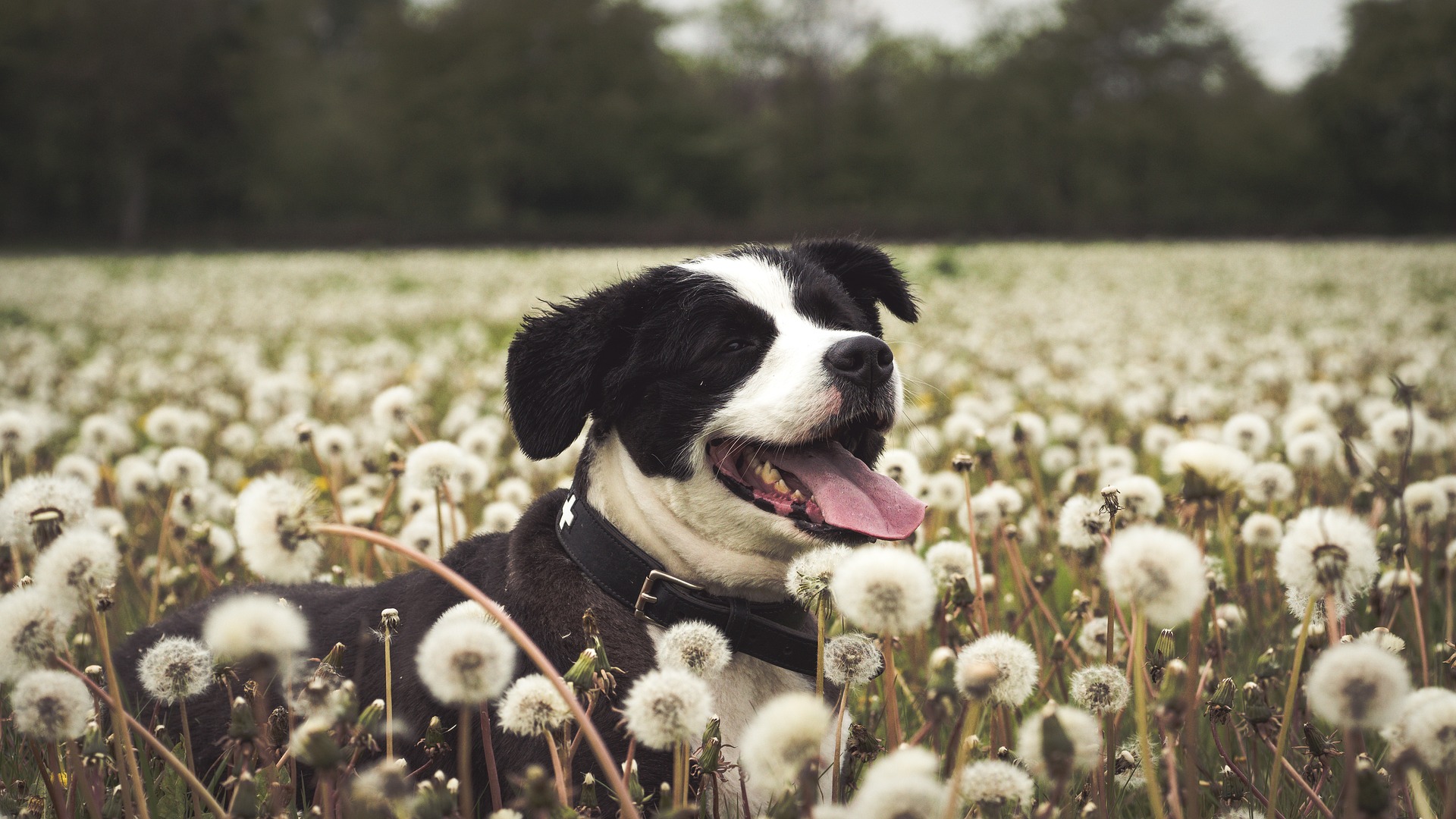
What do I need to know about puppy vaccinations?
Vaccinations are highly recommended (and essential if they’re going abroad or into boarding kennels) as they protect puppies and dogs from serious infectious diseases. There are many different forms of vaccine, and your daytime vet will be able to advise you about which one are essential for your pet. Puppies are typically given an initial course (two vaccinations two to four weeks apart) from the age of eight weeks (although they can be vaccinated as early as four weeks). Your puppy will then require a booster vaccination at six or 12 months of age.
Please do not contact Vets Now about vaccinations. We are a pet emergency service and will be unable to help or provide advice. Please speak to your daytime vet when they are open.
When can I take my puppy out?
You can start taking your dog out after their first set of puppy injections but be careful where you go. Your puppy is still not fully protected until their second set of inoculations so you should keep them away from areas where other animals are likely to be, such as parks and woodland. After the second inoculation stage, you should be able to take your dog out more often and further afield. But it’s best to stick to short walks in the early months to protect their joints.
What diseases do the usual puppy injections protect against?
- Kennel cough vaccination, which is given as liquid up the nose rather than an injection, needs to be repeated every six months to maintain immunity
- Parvovirus is more prevalent in some areas than others so frequency advice may vary
- Canine distemper is a potentially fatal, highly contagious disease with no known cure but, thanks to effective vaccinations, it’s now extremely rare
- Leptospirosis is also life-threatening and can also infect humans
- Canine parainfluenza is not usually serious but it is highly contagious and, like colds and flu in humans, can be nasty
- Adenovirus 1 and 2 is a viral disease with two strains – one causes hepatitis and the other a respiratory disease similar to kennel cough

How often does my dog need vaccinations?
In most cases, your dog will need follow-up injections once a year, although there are some vaccines that are only required every three years. This often depends on the prevalence of the disease in the area you live.
What if my miss the due date of my dog vaccinations?
As long as the vaccinations are carried out within a few weeks of their due date most dogs will be fine. However, if too much time has elapsed between them, your vet may discuss restarting the vaccination course. It’s worth noting when your dog’s vaccinations are due and book them in as early as possible.
Urgent treatment will be needed if your dog has not had his vaccinations and picks up one of the serious illnesses they immunise against. Please contact your vet as soon as possible, or, out of hours, find your nearest Vets Now pet emergency clinic or Vets Now 24/7 hospital if you are worried about your dog.
What am I having my dog vaccinated for?
The diseases dogs are vaccinated against are now relatively uncommon. But this is mainly due to the widespread vaccination regime in operation. In areas where dogs are not routinely vaccinated these diseases are common and often fatal.
Pet owners have told us there is nothing worse than going through the trauma of losing a pet to an illness that could have been avoided through a simple vaccination. We would always advocate that prevention is better than cure.
Will my dog be ill after his jabs?
While modern-day vaccines are incredibly safe and reliable, they can occasionally make your pet feel poorly for 24 hours or so (a bit like the human flu vaccine).
Some dogs will get small, painful ‘nodules’ where they have been vaccinated. However, these should resolve over a few days.
It’s also possible for pets to suffer hypersensitivity (similar to a human anaphylactic reaction) although this is extremely rare. This can, however, be serious and needs to be treated urgently.
Why should I be getting my dog vaccinated?
There is currently widespread disinformation about dog vaccinations, but ultimately it’s for you to decide what to do. If you are unsure we would urge you to talk to your vet. Here are a few things to consider before making your decision:
- Your dog is not vaccinated for the same diseases every year
- Depending on the data from the vaccine manufacturer, most animals will receive a full booster every 2nd or 3rd year – but in the interim years will receive a partial booster containing only the vaccines that require annual top ups
- Viruses change over time, so by regularly vaccinating your pet they will be covered for emerging strains that may not have been around a few years ago
- Vaccines are rigorously tested and checked to minimise the risk of them doing harm to your pet
- Before vaccination, all of the diseases listed above were common and it’s vaccination regimes that have reduced the number of cases
- In countries with low vaccination rates, many of these diseases are still common
How much do dog vaccinations cost?
The cost of vaccinations varies depending on where you live. Typical costs are between £30 and £60 but it’s worth calling your local vet to check their latest prices. Some pet insurance policies cover the cost of immunisations.

